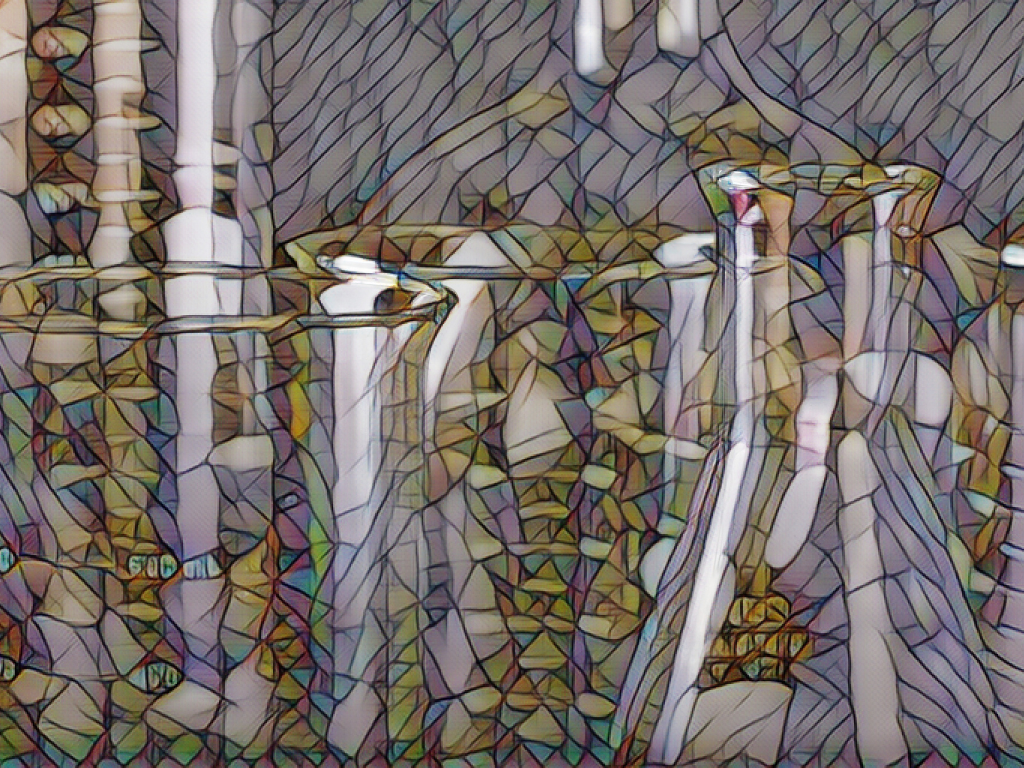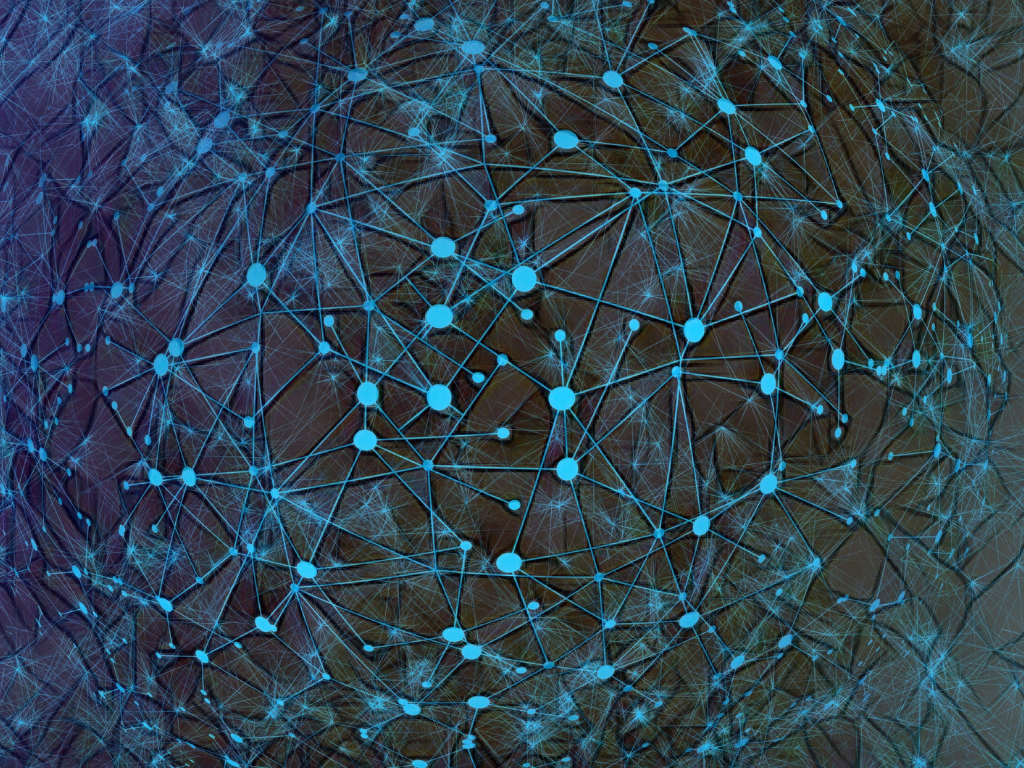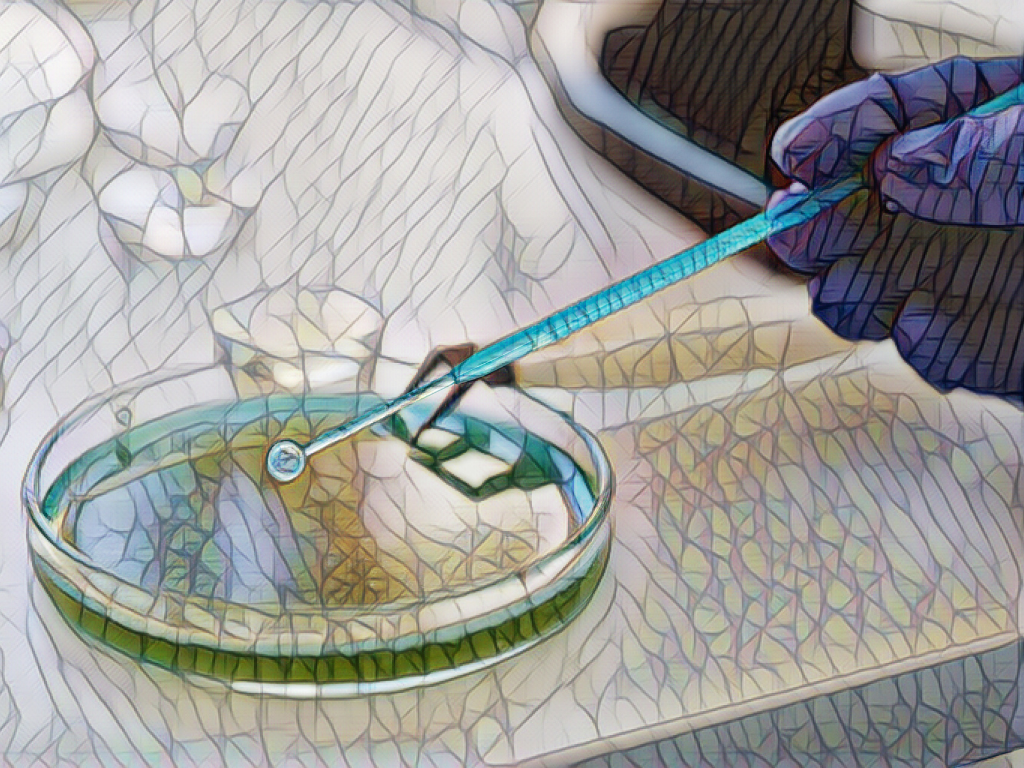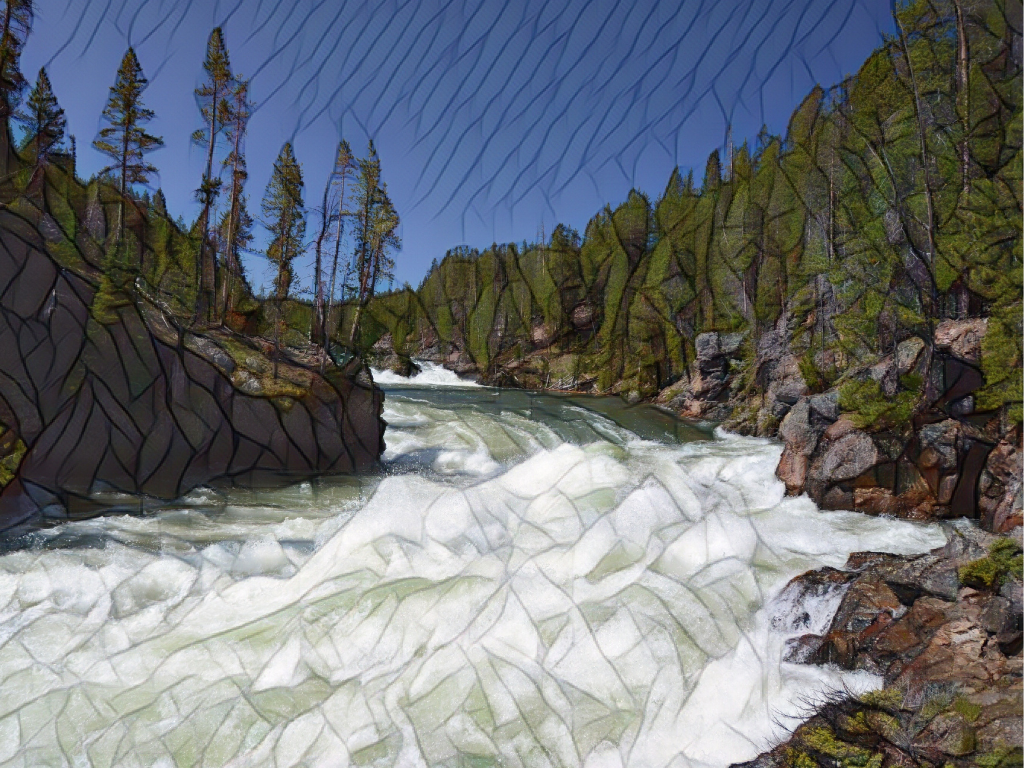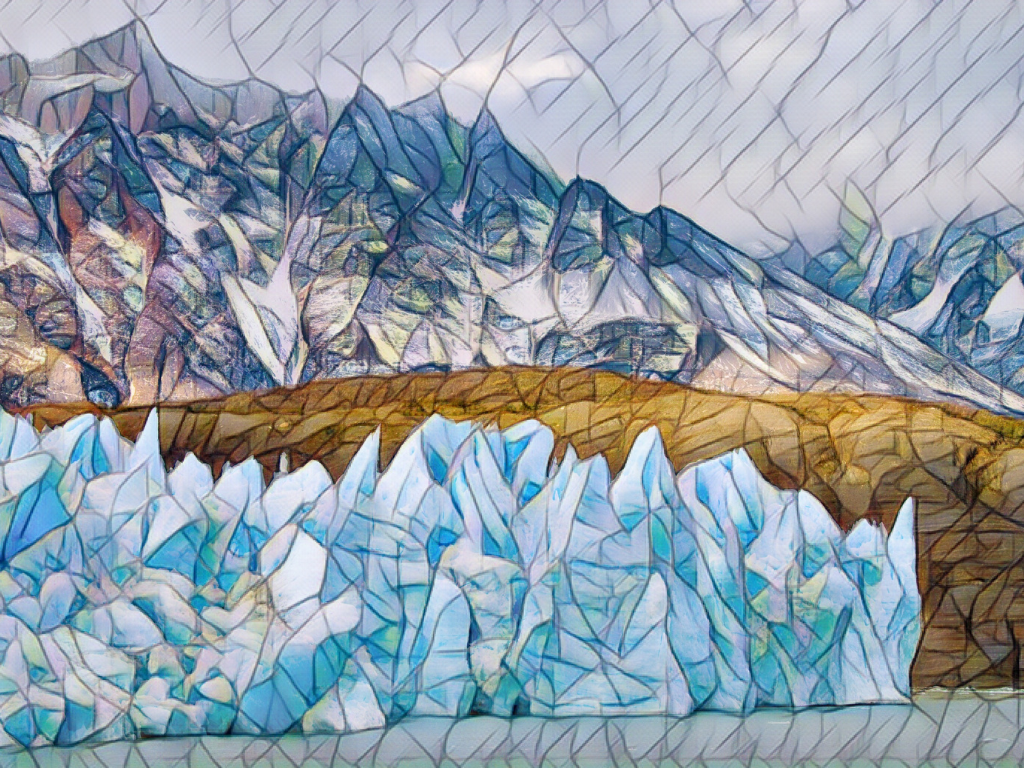- You are here:
- Home
April 18, 2023
Five Georgia Tech College of Sciences researchers have been awarded CAREER grants from the National Science Foundation (NSF).
These Faculty Early Career Development Awards are part of a five-year funding mechanism designed to help promising researchers establish a personal foundation for a lifetime of leadership in their field. The grants are NSF’s most prestigious funding for untenured assistant professors.
Read more:
- Making Medicines: Vinayak Agarwal’s research into peptides, and their medicinal potential
- The Fundamental Questions: Jesse McDaniel’s new framework for predicting chemical reaction rates, leveraging computer modeling
- Chasing Chaos: Alex Blumenthal’s research in chaos, fluid dynamics
- Solving Infinite Problems: Anton Bernshteyn’s new, unified theory of descriptive combinatorics and distributed algorithms
- Gauging Glaciers: Alex Robel's new ice sheet modeling tool
One of the most exciting parts of the CAREER grants is that they support new faculty, who are often working at the frontier of their fields. “I am excited about the CAREER research because we are really focusing on fundamental questions that are central to all of chemistry,” says Jesse McDaniel (School of Chemistry and Biochemistry) about his project, which focuses on creating a new framework to predict the rates of chemical reactions, leveraging computer science.
Anton Bernshteyn’s (School of Mathematics) work in the recently emerged field of descriptive combinatorics is also on the cutting edge of discovery. “There’s this new communication between separate fields of math and computer science— this huge synergy right now— it’s incredibly exciting,” Bernshteyn explains. “Right now we’re only starting to glimpse what’s possible.”
Each award also includes a teaching and outreach component: Vinayak Agarwal (School of Chemistry and Biochemistry) plans to use his grant to not only investigate peptides, but also to train the next generation of leaders, emphasizing student inclusion from diverse backgrounds: “The training is broadly applicable,” says Agarwal. “It will prepare students to move forward in STEM – and especially graduate studies – but will also prepare them for industry careers, government and regulatory science, graduate studies, and more. This kind of background is applicable in all fields.”
Alex Blumenthal (School of Mathematics), who is investigating the intersection of chaos, turbulence– including fluid dynamics– mathematics, and computer-assisted proof, agrees. “There’s a whole lot of new stuff to do,” Blumenthal says. “There’s a growing community of people studying random dynamics, and a growing community of people doing computer proofs– it’s a great place for undergrads to have meaningful research experiences.”
Alex Robel (School of Earth and Atmospheric Sciences), emphasizes the broad impacts of the CAREER grant projects. Robel is working to create a new ice sheet modeling tool, which will be accessible to anyone, and just require the use of a computer browser. “Ultimately,” Robel says, “this project will empower more people in the community to use these models and to use these models together with the observations that they're taking.”

